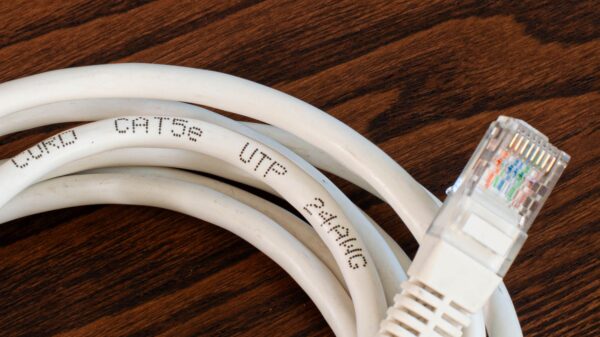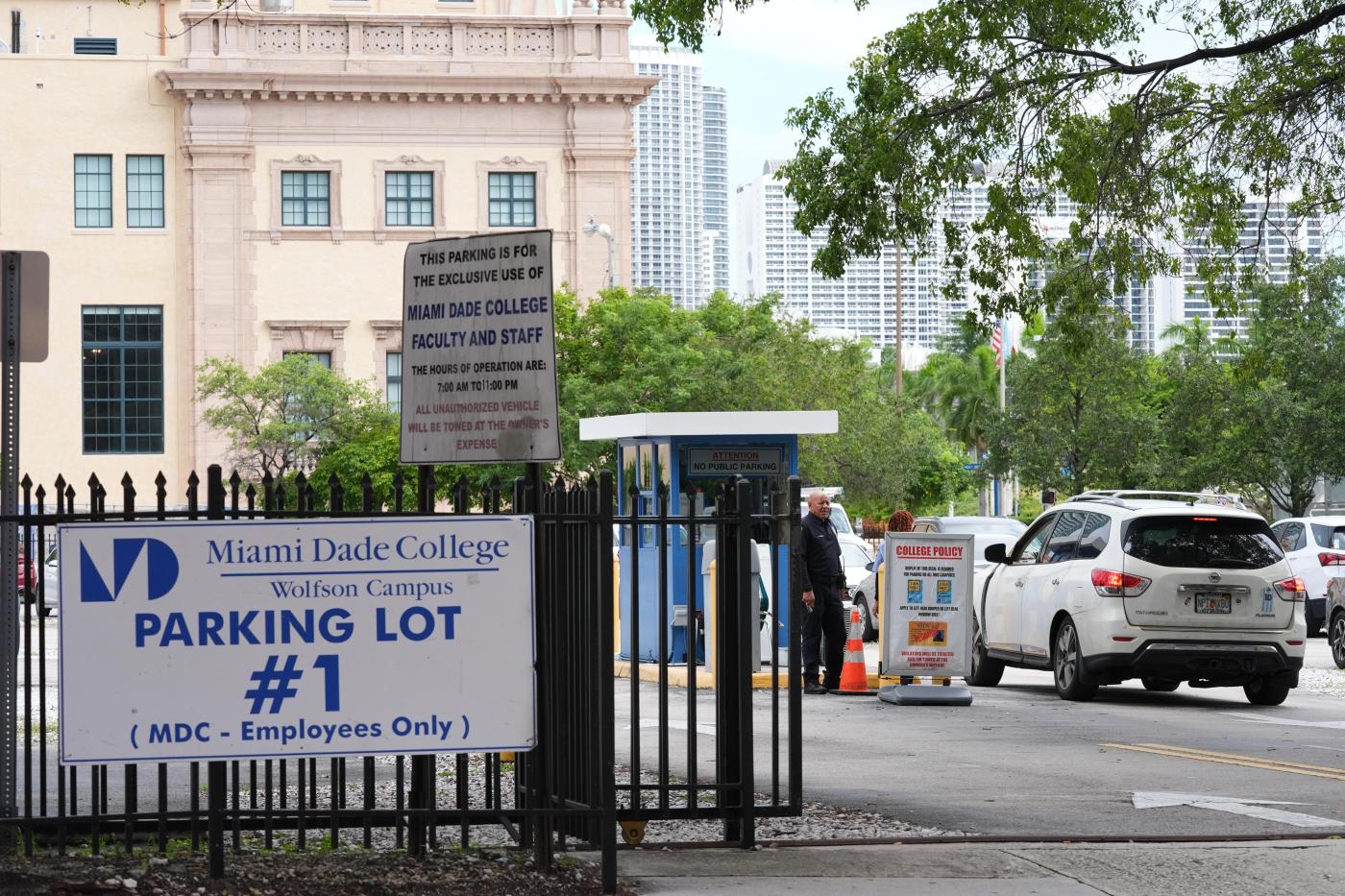The state of Florida has approved a controversial deal that will transfer taxpayer-owned land in downtown Miami, valued at $67 million, to the Donald J. Trump Presidential Library Foundation. The decision, made by the Republican-controlled Florida Cabinet, was finalized with little public consultation and minimal debate, raising concerns about transparency and accountability in the process.
The unanimous vote took place on March 5, 2024, and shortly thereafter, Eric Trump, one of the foundation’s trustees, expressed his enthusiasm for the project. He proclaimed on X that the library would be “the greatest Presidential Library ever built, honoring the greatest President our Nation has ever known.”
Swift Decisions Raise Questions
The Miami-Dade College Board of Trustees met just a week prior to the state’s decision and voted to transfer the land with minimal public notice. According to a report from the Miami Herald, there was a lack of clarity regarding the intended use of the site. Vice Chairman of the Board noted that no relevant information had been provided to board members about the implications of the transfer.
Previously, this prime property had been earmarked for commercial development, but earlier proposals collapsed due to the college’s stipulations for benefits such as classroom space. The current deal raises questions about what, if any, return the college will receive, as details remain undisclosed.
Sources indicate that the Trump team is also contemplating the construction of a high-rise hotel on the site, which adds another layer of complexity to an already contentious deal.
Taxpayer Concerns and Public Sentiment
The deal has stirred significant debate among Miami residents. Critics argue that the arrangement unfairly benefits a private entity at the expense of taxpayers. The only stipulation tied to the land transfer requires that it must include components of a presidential library or museum within five years. Many residents feel left in the dark about how their interests were represented in this transaction.
The irony of a library dedicated to a president known for his anti-immigrant rhetoric being located next to the Freedom Tower, a landmark symbol of Miami’s immigrant history, has not gone unnoticed. This juxtaposition highlights the differing narratives at play within the community.
While some Miami residents, particularly those who supported Trump’s candidacy, may welcome the library, others express concern that it may not accurately represent the complexities of his presidency. Critics point to incidents such as the January 6 Capitol riot and Trump’s impeachment proceedings as important facets that should be included in the library’s narrative.
Governor Ron DeSantis has endorsed the project, suggesting it could provide valuable opportunities for Miami-Dade College students. “To have Miami-Dade College students have opportunities to be able to have programs associated with a Trump presidential library, I think it’s a unique opportunity for the state,” he stated.
The potential benefits of increased tourism and economic activity associated with the library are acknowledged by some. However, critics emphasize that the process of securing the land should not overshadow the need for transparency and public involvement.
While this is not the first instance of a presidential library taking over public property, the circumstances surrounding this particular deal have raised significant concerns. Previous controversies, such as the establishment of President Obama’s library in Chicago, involved public debate over the use of park land and displacement of residents.
As Miami moves forward with this project, the implications of the deal and the library’s eventual portrayal of Trump’s presidency remain to be seen. The public deserves a say in how their resources are managed, especially in a region that has become synonymous with Trump’s political legacy.








































































